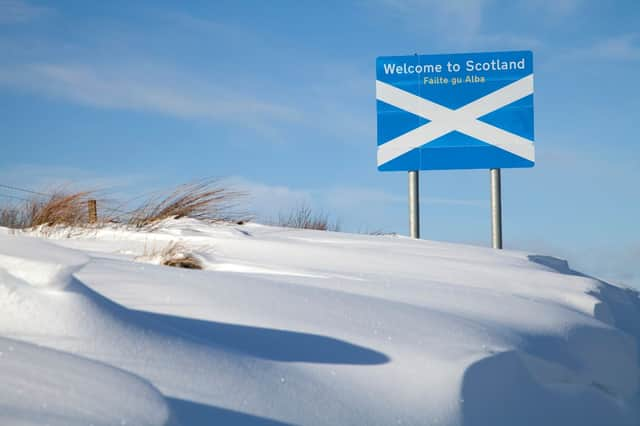When Does Winter Start 2023? Here's when autumn offically ends - and when spring 2024 finally arrives


The final leaves have nearly fallen off the trees, the central heating is on, and the nights are drawing in - three of the signs that winter is nearly upon us.
But when does it officially start? Well, there are two correct but different answers to that question.
Here are both.
Astronomical Winter
Advertisement
Hide AdAdvertisement
Hide AdOur seasons are a result of the Earth's axis and orbit around the sun - and in particular the 23.5 degrees of tilt of the Earth's rotational axis.
Winter therefore begins at the winter solstice - when the North Pole reaches its maximum tilt away from the warmth of the sun. The winter solstice is also the shortest day of the year.
It then ends - and spring begins - at the March equinox. Also known as the vernal equinox, it's when the sun crosses the celestial equator in a northerly direction bringing warmer weather to the northern hemisphere and colder conditions to the southerm half of the globe.
Because the the Earth doesn't take exactly a year to go around the sun (it takes about 365.25 days), and because of Earth's elliptical orbit of the Sun, the date of equinox changes slightly from year to year.
In 2023 astronomical winter begins on Friday, December 22, and ends on Wednesday, March 20.
Meteorological winter
When the majority of people think about the seasons they are thinking about the meteorological version.
It was dreamed up by scientist according to "sensible weather patterns" in order to keep records - in other words winter falls when temperatures tend to be at their lowest.
To make it even easier to observe conditions and make forcasts, the seasons are broken down into four equally-long periods of time using the Gregorian calendar, meaning each season is exactly three months. The issue of Earth's elliptical orbit of the Sun is handled by having a leap year every four years, when an extra day is added to February. That's a day more winter.
So meteorological winter 2023 begins - as it always does - on December 1 and, as 2024 is a leap year, the last day will be February 29, 2024.
Comments
Want to join the conversation? Please or to comment on this article.